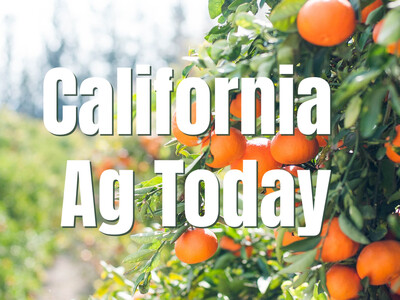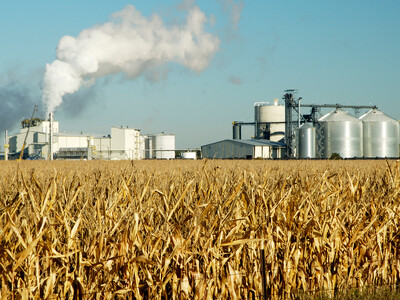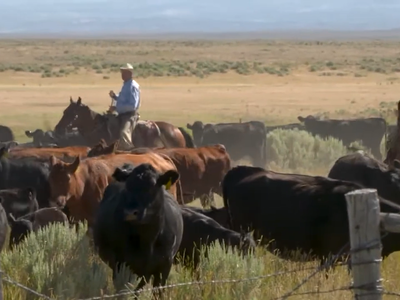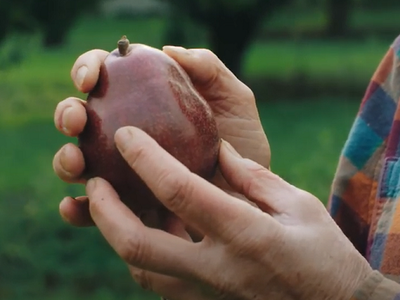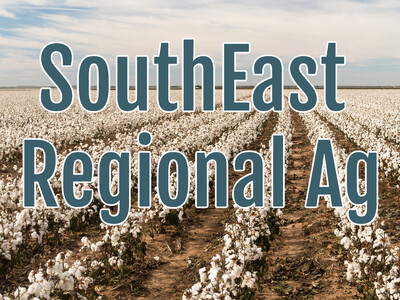Flying Fingerprints & WRDA
Flying Fingerprints & WRDA plus Food Forethought. I’m Greg Martin with today’s Northwest Report.
A newly proposed amendment by Senate lawmakers would require foreigners leaving the country through any of the nation's 30 busiest airports would undergo mandatory fingerprinting. Lawmakers called it a step toward a more expansive biometric system that would use identifiers such as fingerprints to keep track of immigrants and visitors exiting the U.S. Current law already requires such a system to be in place, but the Department of Homeland Security has not implemented it. Are you ready for something like this?
The Water Resources Development Act – known as WRDA – affects every American in ways they probably don’t even realize. Farm Bureau transportation specialist Andrew Walmsley says that’s why it’s a big deal that the Senate recently passed its version of the legislation.
WALMSLEY: It’s really our superhighways on water. Over 60 percent of ag products that go to export move on our inland waterways system. You have vital inputs for everyday life, whether it’s coal, fuel, feeding grains, inputs for agriculture travels on our inland waterway system.
Walmsley says the outlook in the House is a little murkier, but hopefully this integral update to the nation’s infrastructure will win House approval by Labor Day.
Now with today’s Food Forethought, here’s Lacy Gray.
Even though hemp, marijuana’s THC-light cousin, has no narcotic properties, and is often referred to as a wonder crop because of its many uses, it is still illegal to grow in the United States according to federal law. Funny thing, hemp products, which include everything from food, to skin care items, to clothing, to textiles, to biofuels and building materials, are perfectly legal as import items. Canada is one of the largest hemp suppliers to the U.S.. In fact it is reported to be a more profitable crop for them than wheat, with a production yield of up to $1000 per acre. However, times might be changing for hemp in the U.S.. Hemp was made legal last November in Colorado when voters there passed that state’s Agricultural Hemp Initiative 64, which allows legal cultivation. Colorado farmers, such as Ryan Loflin who planted the first legal U.S. industrial hemp crop in over sixty years this month, will have to keep their harvested crop inside Colorado for now, because of a federal ban on interstate transportation of the crop. But, who knows, perhaps all U.S. farmers’ will soon be able to cash in on the lucrative worldwide hemp market.
Thanks Lacy. That’s today’s Northwest Report. I’m Greg Martin on the Ag Information Network.






